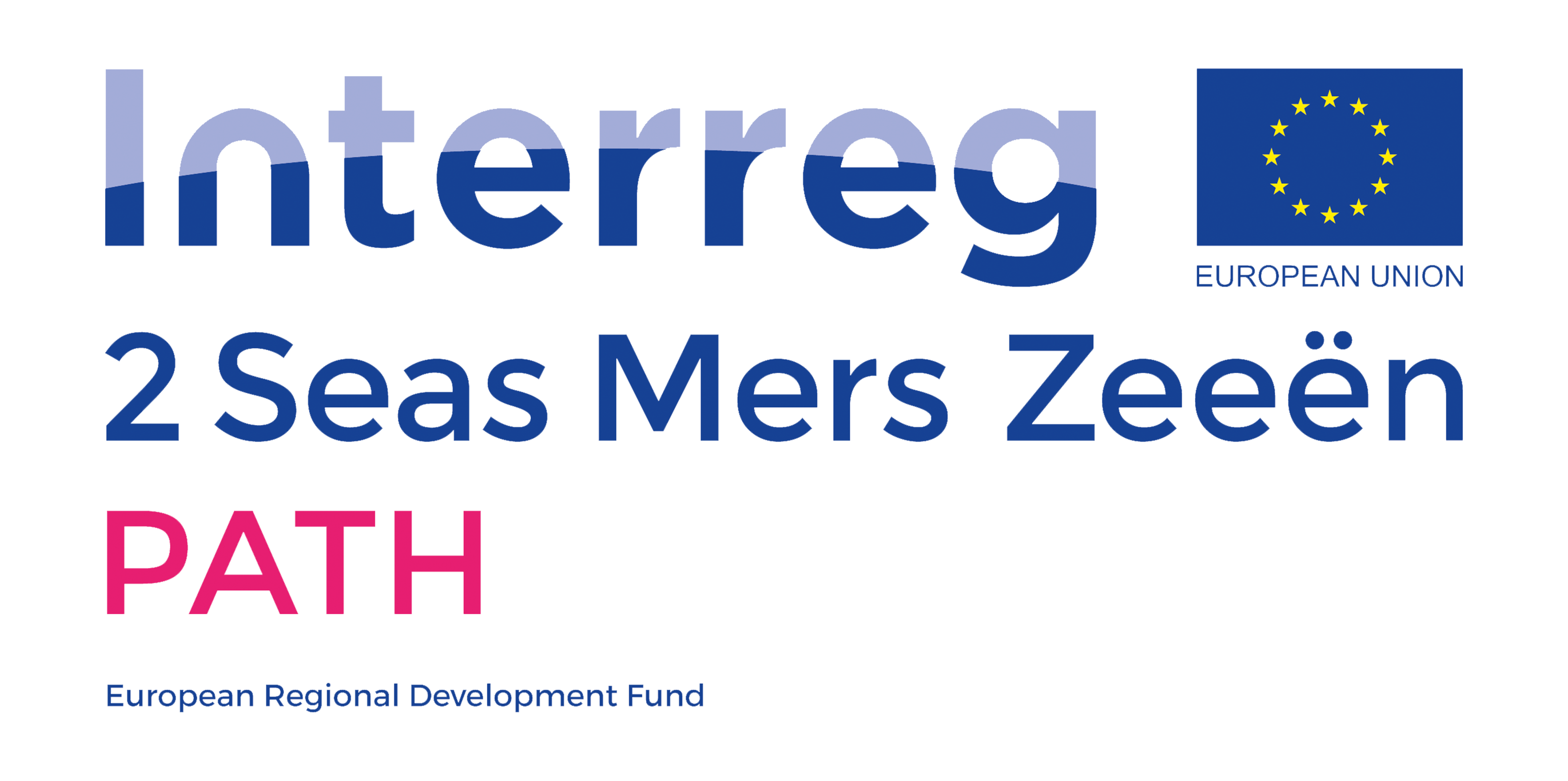
© 2021 Copyright: Bournemouth University
Organisations should strive to create a culture of openness and compassion, where the uniqueness of individuals is respected, and variations in circumstances and wellbeing are considered as a normal part of life and proactively accommodated
It is likely that all employees will need to take time off at some point in their working lives to recover from mental or physical illness.
There are steps that organisations can take to acknowledge particularly stressful periods in the lives of their employees in order to provide support and prevent the negative repercussions of mental ill-health for both the employee and the organisation.
Employers should take a positive, proactive approach to supporting parents in the workplace, especially during pregnancy and the first postnatal year as this represents a period of increased vulnerability to mental ill-health and a period in the child’s life where their optimal health and development is strongly influenced by parental mental wellbeing.
Parent-friendly organisations are more likely to retain experienced employees, reduce the costs arising from absence and recruiting new staff, and provide the foundations for a loyal, happier, motivated and more productive workforce.
Workplaces need to be psychologically safe environments where employees feel able to share their stresses and concerns amidst a culture of acceptance and empathy rather than one of judgement and discrimination.
One-to-one mentor/buddy/peer support schemes could be introduced to link employees with shared ‘lived experience’ in order to ease potentially stressful transitions such as changing teams, location, responsibilities, working patterns or returning to work after parental/sick leave.
Efforts should be made to organise timely and inclusive team/client meetings, team-building and social activities to enable employees constrained by parenting/caring responsibilities and/or mental health issues to attend.